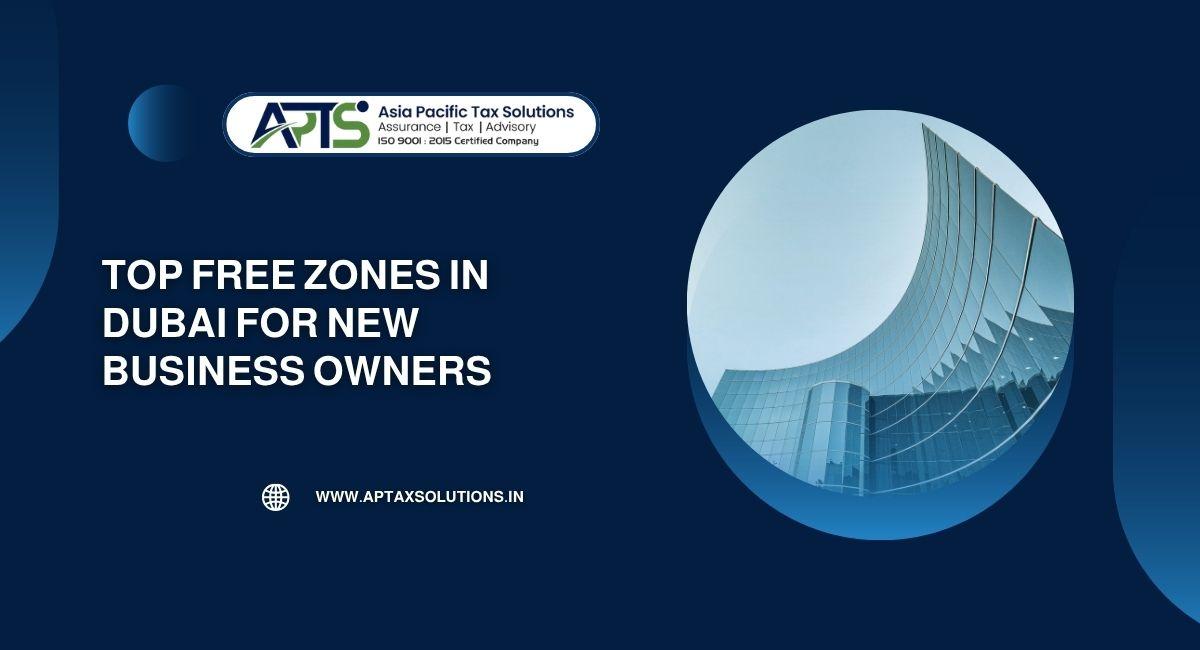Dubai is home to more than 40 free zones, each designed to attract international investors and entrepreneurs with specialized facilities and incentives. These zones cater to different industries from technology and logistics to finance and media offering 100% foreign ownership, tax benefits, and simplified regulations. For entrepreneurs considering business setup in Dubai free zone, understanding the differences between zones and their benefits is crucial to making the right choice. Selecting the right free zone depends on your business activity, budget, and long-term goals.
Understand the Purpose of Each Free Zone
Every free zone in Dubai has a distinct focus area, created to support specific industries and promote targeted business growth. For instance, Dubai Multi Commodities Centre (DMCC) is ideal for trading and commodities businesses, while Dubai Internet City (DIC) caters to IT and tech startups. Dubai Media City supports media, advertising, and creative professionals, and IFZA (International Free Zone Authority) offers flexible business categories for startups and SMEs.
Before choosing a free zone, identify your primary business activity and select one that aligns with your industry. Setting up in a relevant free zone ensures you benefit from tailored infrastructure, strategic location, and networking opportunities with businesses in your field.
Consider Ownership, Cost, and Location Factors
Ownership rules and costs vary between free zones. While all allow 100% foreign ownership, some may require a local sponsor for specific activities outside their jurisdiction. Additionally, consider the total cost of setup, including license fees, office rent, visa quotas, and renewal expenses.
Free zones located near airports, seaports, or key logistics hubs offer significant advantages for trading and export-oriented businesses. For example, Jebel Ali Free Zone (JAFZA) is perfect for import-export operations due to its proximity to Jebel Ali Port, while Dubai Airport Free Zone (DAFZA) benefits companies involved in air logistics.
If your business requires flexibility, opt for a free zone that offers virtual offices or shared workspaces, reducing overhead costs without compromising on efficiency.
Evaluate Licensing Options and Legal Framework
Each free zone provides different types of licenses, such as commercial, service, industrial, or professional. Choose a zone that matches your business activity and provides clear renewal and compliance processes. Also, consider the ease of obtaining visas for investors and employees.
Some free zones, like IFZA and Meydan, offer digital setup options with minimal paperwork, while others require physical presence for document verification. Reviewing the zone’s legal and operational requirements helps avoid future complications and ensures smooth functioning.
Moreover, assess the zone’s reputation, support services, and business community. Established zones with strong infrastructure and credibility often offer better networking and growth opportunities.
Conclusion
Choosing the right free zone in Dubai is a strategic decision that influences your company’s long-term success. By understanding your business activity, assessing costs, and reviewing location and licensing options, you can select a zone that aligns with your goals. Dubai’s free zones offer unmatched flexibility, tax incentives, and global access — making them an excellent choice for entrepreneurs. With proper planning and expert guidance, setting up your business in the right free zone ensures a smooth start and a strong foundation for future growth.



